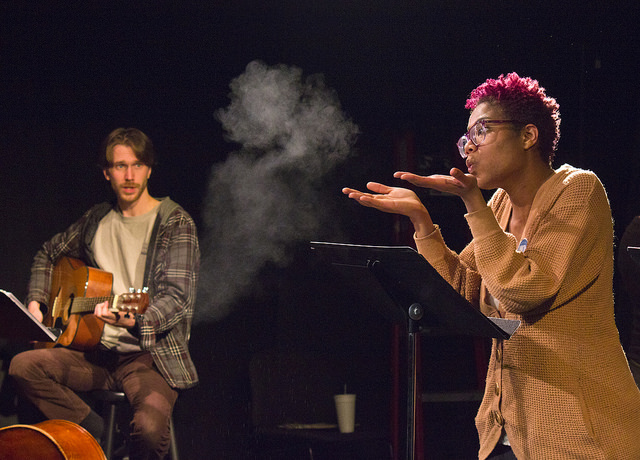Toxicity in Context
STSC 381-401
Britt Dahlberg
Wednesday 2:00-5:00 PM
We live amidst a constant stream of messages, practices, and regulations about things, behaviors, or relationships deemed “toxic.” Within environmental health in particular, all sorts of actors grapple with complex decisions about what it means to live with materials and anticipate the ways they can interact with human health and the environment – at present through the distant future. What exactly do we mean when we categorize some substances as toxic, and by extension others as safe? Are there other ways of managing uncertainty or conceptualizing harm? How are these concepts built into broader social structures, economics, and regulations? What other work are they used to do? In this course, we will explore major social science approaches to toxicity and apply these theories to our own analysis of examples from the contemporary United States, and in particular, to a robust oral history collection with residents, developers, and government scientists grappling with these questions just outside of Philadelphia.
This course grows out of scholarship in the history and anthropology of environmental risk, and health, as well as direct ethnographic, historical, and oral history research at a site outside of Philadelphia grappling with the meaning of materials that remain on site after past industrial manufacturing. In this course, students will gain an introduction to oral history and analysis of in-depth interviews, and introduction to key approaches in theorizing toxicity. By connecting life experiences of residents, government scientists and others, at an actual site, with the literatures we read in class, students will think critically about the ways the literatures we engage do and do not fully encompass the experiences and concerns that are intertwined with toxicity for actual people grappling with making sense of uncertain harms amidst urban planning.
https://reachambler.sciencehistory.org/
http://www.americananthropologist.org/2018/10/23/cities-and-urban-planning-missing-dialogues/

